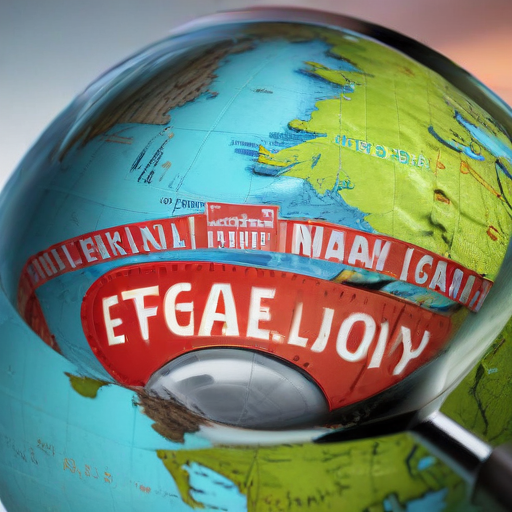President-elect Donald Trump recently expressed ambitions to exert control over the Panama Canal and the territory of Greenland, stating that such acquisitions are vital for U.S. economic security. In a press conference, Trump did not dismiss the possibility of utilizing military or economic pressure to achieve this goal, emphasizing the strategic importance of these locations.
Trump’s son, Donald Trump Jr., is currently visiting Greenland, arriving on “Trump Force One.” This visit comes on the heels of his father’s previous declarations regarding Greenland’s potential incorporation into the U.S. During his arrival in Nuuk, the capital city, Trump Jr. remarked that they were visiting as tourists and relayed his father’s greetings to the people of Greenland.
Greenland, with a population of approximately 57,000, is an autonomous territory of Denmark, rich in resources such as oil, natural gas, and minerals. However, its economy largely relies on Danish subsidies and fishing. While Trump has voiced skepticism about Denmark’s claim over Greenland, his statements have been met with resistance from Danish officials and Greenland’s government. Prime Minister Mute Egede has firmly stated that “Greenland is ours” and that it is not for sale, reiterating a desire for independence from Danish control.
Last week, in another social media post, Trump argued that controlling Greenland is essential for national security. In contrast, Greenlandic leaders have expressed a strong commitment to self-determination. Aaja Chemnitz, a Greenlandic lawmaker in Denmark’s parliament, dismissed Trump’s interest, reinforcing the notion that Greenland should not become a pawn in foreign ambitions.
While the interest in Greenland and the Panama Canal raises complex geopolitical questions, this situation highlights the balancing act that nations face in asserting control over territories while respecting the autonomy and desires of local populations. The unfolding dialogue may lead to renewed discussions on the rights of autonomous territories and their paths toward self-determination.
In summary, Trump’s assertions about acquiring Greenland and the Panama Canal reflect ongoing tensions in international relations and the growing emphasis on economic security. As Greenland seeks to assert its independence, there is optimism that its leaders will continue to champion their sovereignty, leading to more robust conversations on autonomy and collaboration in the international arena.
